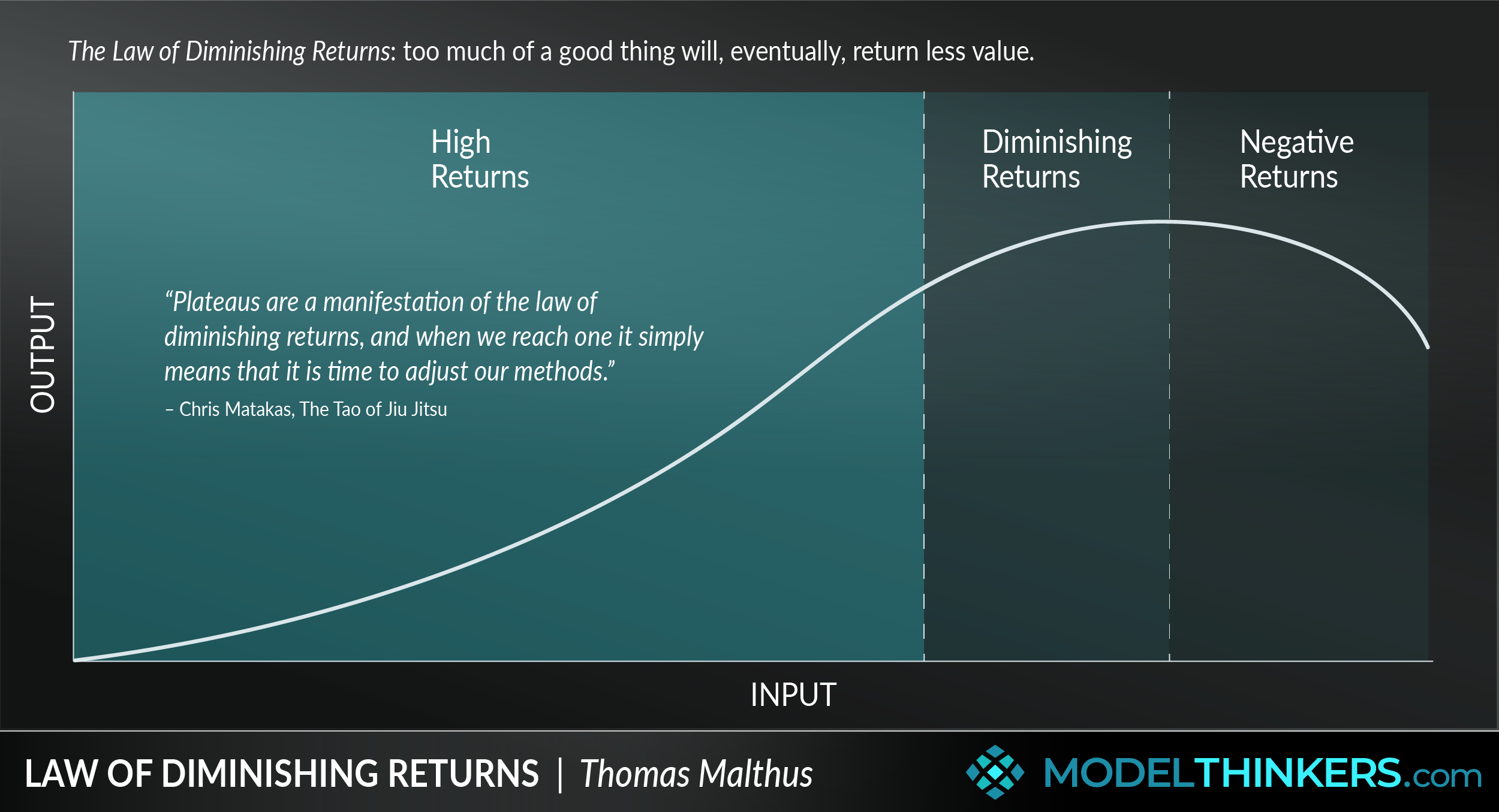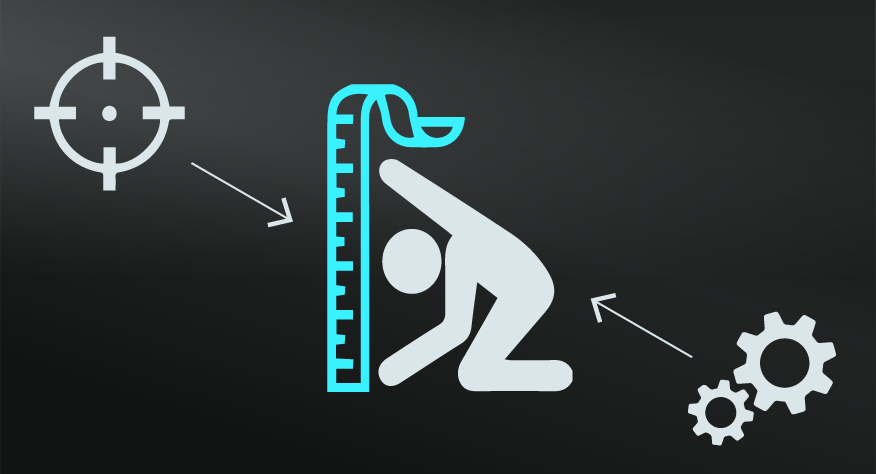Popular searches
Categories
Learn & Achieve
Collaborate & Lead
Deliver Value
Make Better Decisions
Industry Knowledge
Live Well
Sub categories
Learn & grow
Set & reach goals
Be more productive
Manage projects
Behavioural economics
Collaborate & influence
Models
Mental Models
Featured Models
Explore All Mental Models
- Actionable summaries of the world's most powerful ideas. - Dynamic combinations of Mental Models to overcome common challenges.
Filter by:
No Mental Model Available






